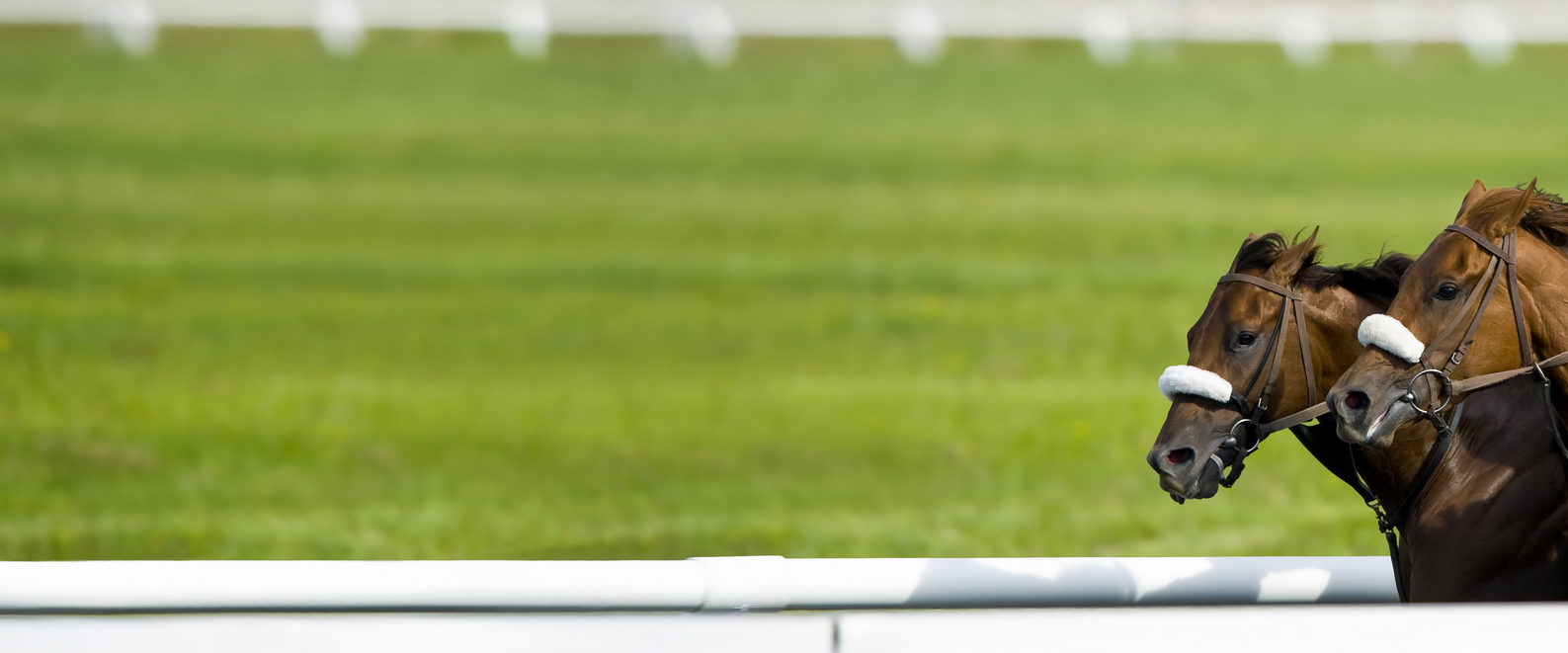
BHA targets levy reform with new steering group
Chair Annamarie Phelps warns against dividing racing into competing factions as sport feels loss of spectators


Horseracing representatives will form a new steering group to lobby for changes to the UK levy to mitigate the impact of Covid-19 on the sport.
The steering group will be chaired by British Horseracing Authority (BHA) independent director Joe Saumarez Smith and will meet later this week for the first time.
Group members include Jockey Club acting CEO Nevin Truesdale and Arena Racing Company CEO Martin Cruddace, together with industry veterans Charlie Parker and Philip Freedman.
The BHA has appointed executive director Will Lambe and COO Richard Wayman to serve as its representatives to the group.
EGR has learned that no specific model is under discussion, with the group essentially starting with a ‘blank sheet of paper’ in regards to levy models.
The group will aim to gather evidence on the health of the industry before suggesting possible changes to the levy. It has not ruled out keeping the current model, should the evidence point to this conclusion.
“There have already been extensive discussions recently about the various options for reforming the levy,” Saumarez Smith said.
“The levy steering group has the full support of the representative bodies in racing and will now draw on the expertise of stakeholders across the industry, who will work with me and the BHA executive team to try and reach a united view of the industry on this crucial area of funding of the sport,” he added.
The group has been formed in response to the continued absence of spectators from UK horseracing meetings due to the coronavirus pandemic.
It has committed to making a “rapid assessment” of potential options to increase funding to all racecourses, breeders, trainers and jockeys affected by falling prize money and reduced revenue.
Discussions have been taking place throughout the summer following the return of behind-closed-doors UK horseracing in June.
It is understood the absence of spectators, as well as restrictions affecting retail betting, have pushed the horseracing betting market balance from a 50/50 online and retail split to a 70/30 split.
The group will eventually submit a report to the UK government outlining the suggestions, although on no specific timescale.
“The prime minister promised the chancellor would prepare a package of support for sport,” BHA chair Annamarie Phelps said.
“We have sent government, at their request, a new assessment of the impact of Covid-19 on the finances of racing, including the potential mitigating impact of reform to the levy, and making clear that the return of the public to racecourses is essential.
“It is vital that we work through the appropriate channels, recognising racing’s close relationship with the betting industry.
“Pursuing alternative routes risks dividing racing into competing factions,” Phelps warned.